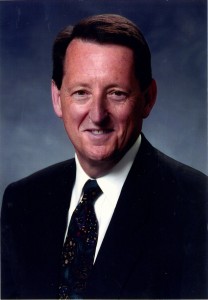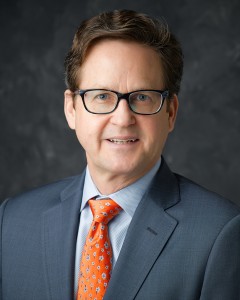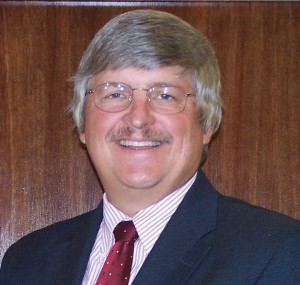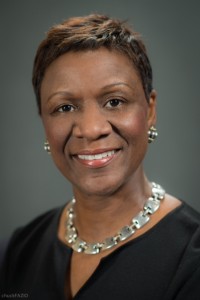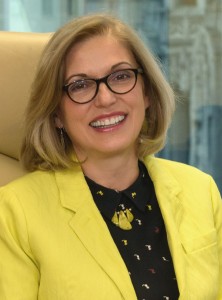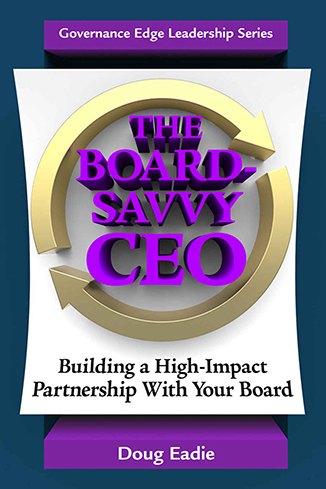The June 10 post at extraordinaryceo.com features a podcast by CEOs Michael Anderson and Chris Fox, who discuss the approaches they take to their own ongoing professional development (http://extraordinaryceo.com/?p=98). Among other things, Michael and Chris, being lifelong learners, are avid readers. Following up on their podcast, I posed this question to members of our CEO Advisory Committee on July 6:
What recent book or article you’ve read has helped you strengthen your leadership? What specifically did you find most helpful in the book or article?
The responses are still coming in from our extremely busy CEO Advisory Committee members, but I thought you’d be interested in the five we’ve received:
Richard Browdie, President/CEO, the Benjamin Rose Institute on Aging:
“I have been reading a series of books that cover the significant events of the period from before World War I through the post-Vietnam era, with a focus on the key figures. A main emphasis is on the reported character traits of individuals in key positions, particularly as they are thought to have influenced their decisions and then their reported views after some years had passed. . . .As it has evolved, the most striking thing for me has been how these people came to affirm or regret their decisions in retrospect. Most often, they express fewer regrets if their decisions were made in concert with their own framework of values for themselves and for those they thought were their responsibility to serve or protect.”
Christopher Fox, Executive Director, International and American Associations for Dental Research:
“I’d say The Practice of Adaptive Leadership by Heifetz, Linsky, and Grashow. It clarifies the difference between technical challenges and adaptive ones and the leadership required to tackle truly adaptive challenges. The book is from 2009 and there have been subsequent books building on the theme, but this is the foundational book which should be read first.”
James McGuirk, Executive Director/CEO, Astor Services for Children & Families:
“My most recent book is If Disney Ran Your Hospital: 9 ½ Things You Would Do Differently by Fred Lee. This book provides a different way of viewing customer (client) satisfaction, and challenged me to set a higher bar for this metric. In addition, there were some very clear ways to help staff become empowered to make decisions that improve organizational performance.”
Michelle Mason, President and CEO, Association Forum of Chicagoland:
“The most recent book I have read is Redefining Operational Excellence: New Strategies for Maximizing Performance and Profits Across the Organization by Andrew Miller. A few points of interest:
- When we strive for excellence, there is no finish line.
- Engage the voices of customers and business partners to drive innovation, continuous performance improvement, and ultimately profitability.
- Measure results that help drive the organization toward its goals. An activity that does not do that should be stopped. Don’t mistake activity for results.”
Lana Vukovljak, Chief Executive Officer, Council of Residential Specialists:
“A book I recently read is Strategy From the Outside-In: Profiting From Customer Value by George Day and Christine Moorman. Although the book looks at the corporate world, associations can greatly profit by adopting the ‘outside-in’ strategy, focusing on:
- Becoming customer/member value leaders with a distinct and compelling customer/member value proposition
- Innovating new value for customers/members
- Capitalizing on the customer/member as an asset
- Capitalizing on the brand as an asset.”
We’ll share other responses as they come in. By the way, my most recent read is a re-read: Team of Rivals by Doris Kearns Goodwin. Over the years, I’ve found that well-researched biography is a rich leadership resource, and Team of Rivals, which puts Lincoln’s leadership in the context of his presidential cabinet, is replete with valuable leadership lessons. It certainly demonstrates how central character and personality are to successful leadership – in my experience, much more important than technical knowledge and skills.
Next week’s post – the third part in this series on individual professional development – will look at the application of a powerful organizational growth tool – what I call the “Strategic Change Portfolio” – to your own individual professional development. Stay tuned.

